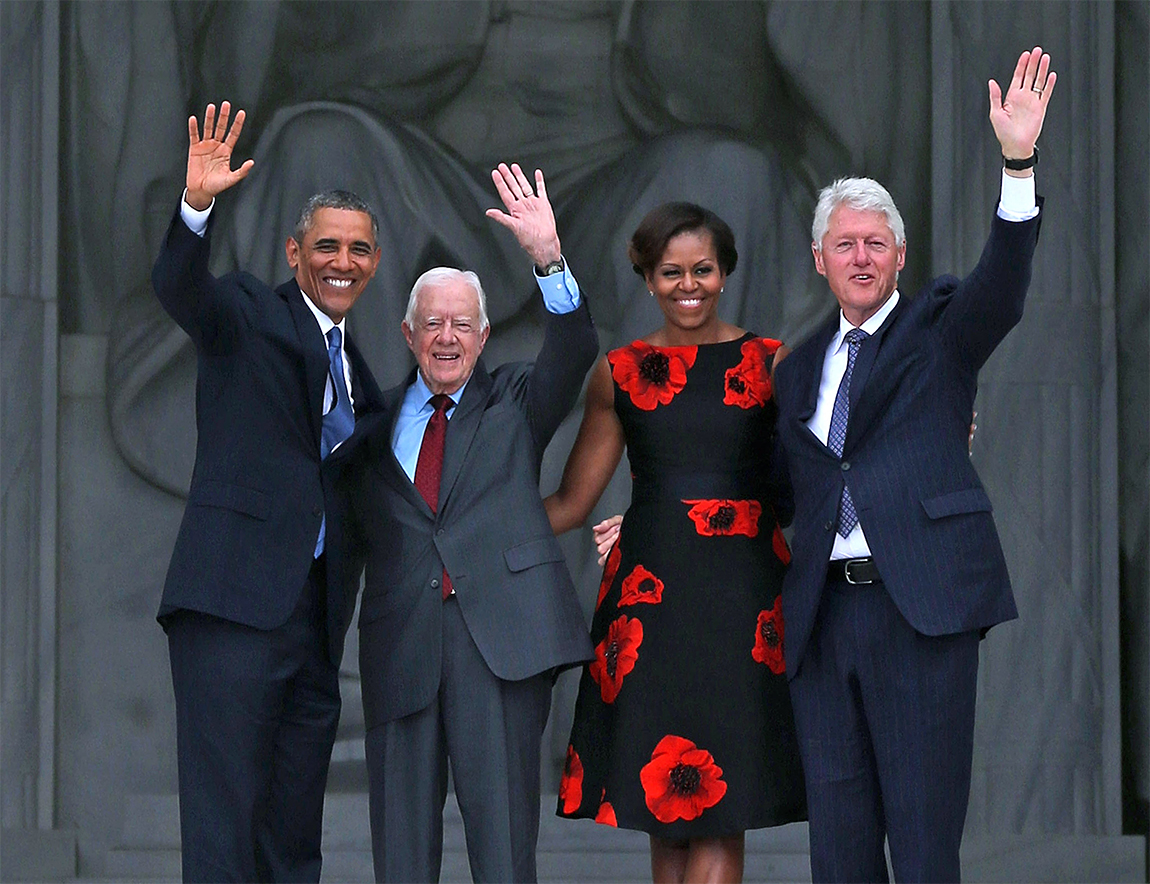JAKARTA, Indonesia: Indonesia’s top court heard appeals lodged by two losing presidential candidates who are demanding a revote, alleging widespread irregularities and fraud at the polls in appearances before the judges Wednesday.
Defense Minister Prabowo Subianto won the election with an overwhelming margin: 58.6 percent, or more than 96 million votes, according to the General Election Commission — more than twice the runner-up’s share in the three-way race.
But the losing candidates — Former Jakarta Gov. Anies Baswedan and former Central Java Gov. Ganjar Pranowo — argue that the election was marred by irregularities throughout the campaign. They’re asking the Constitutional Court to annul the election results and order a revote, in separate lawsuits.
Both candidates presented parts of their cases in person, focusing on allegations that the court itself, as well as outgoing President Joko Widodo, bent laws and norms to support Subianto.
“We witness with deep concern a series of irregularities that have tarnished the integrity of our democracy,” Baswedan told the court.
Dozens of protesters held a peaceful but noisy rally near the court building, declaring that they would oversee the trial. Authorities blocked streets leading to the court where about 400 police were deployed in and around the building.
Indonesian presidents are expected to stay neutral in races to succeed them, but Subianto, a longtime former rival of Widodo who twice lost elections to him before joining his government, ran as his successor. He even chose Widodo’s son, Gibran Rakabuming Raka, as running mate, even though Raka did not meet a constitutional requirement that candidates be at least 40 years old.
Baswedan and Pranowo argue that Raka should have been disqualified, and are asking the court to bar him from a revote. Before the election, the Constitutional Court made a controversial exception to the minimum age that allowed him to run, under the leadership of then-chief justice Anwar Usman, who is Widodo’s brother in law. Usman was later forced to resign as chief justice for failing to recuse himself.
“The Constitutional Court was designed to guard the constitution and stem arbitrariness, not to legitimize fraud and crime,” said Todung Mulya Lubis, a prominent lawyer who led Pranowo’s legal team, “This election is an opportunity for the Constitutional Court to reclaim its authority and dignity.”
Baswedan also said that regional officials were pressured or given rewards to influence political choices, and that state social assistance was used as “a transactional tool to help one of the candidates.”
Hefty social aid from the government was disbursed in the middle of the campaign — far more than the amounts spent during the COVID-19 pandemic — and Widodo distributed funds in person in a number of provinces.
“If we do not make corrections, the practices that occurred recently will be considered normal and become habits, then become culture, and ultimately become national character,” Baswedan said before the eight-judge panel.
Subianto himself twice went to the top court to challenge the results of elections he lost to Widodo, but the court rejected his claims as groundless both times. Subianto refused to accept the results of the 2019 presidential election, leading to violence that left seven dead in Jakarta.
Baswedan had the first turn before the court in the morning, while Pranowo spoke in the afternoon.
“What shocked us all, what really destroyed morale, was the abuse of power,” Pranowo told the court, “When the government uses all state resources to support certain candidates, when the security forces are used to defend personal political interests, then it is time for us to take a firm stand to reject all forms of intimidation and oppression.”
Chief Justice Suhartoyo, who like many Indonesians uses a single name, adjourned the hearing until Thursday, when Subianto and the General Election Commission will respond. The verdict, expected on April 22, cannot be appealed.
The case will be decided by eight justices instead of the full nine-member court because Usman, who is still on the court as an associate justice, is required to recuse himself.
Indonesia’s top court hears appeals from losing presidential candidates who want a revote
https://arab.news/w67sa
Indonesia’s top court hears appeals from losing presidential candidates who want a revote

- Dozens of protesters held a peaceful but noisy rally near the court building, declaring that they would oversee the trial

























